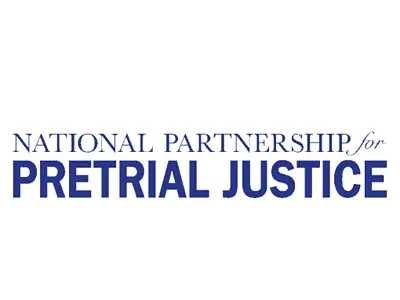Engaging in field research to understand the mechanisms of pretrial release and comprehensively assessing structured decision-making tools to inform the just use of pretrial incarceration and reduce bias in pretrial decision-making.
Pretrial decision-making is one of the most consequential decisions made in the criminalization process. These decisions are so consequential because pretrial jail detention is associated with a host of negative consequences for individuals and their families. Everyday magistrates, judges, and prosecutors make decisions that affect the release and detention of the roughly 10 million adults that cycle through the nation’s jails each year. These decisions include whether to file a formal charge, the amount of bail, and whether someone is considered a flight or public safety threat.
There is little research on how prosecutors make charging decisions or how judges decide to release or detain someone. These are high-stakes decisions that staff in the RTI Center for Courts and Corrections Research are studying. Through the collection and analysis of qualitative and administrative data, as well as policy and legal analyses, we are working directly with jurisdictions and legal actors to understand pretrial decision-making. Our studies have resulted in understanding how prosecutors weigh evidence, negotiate pleas, and assess criminal histories when making their bail recommendations. Further, we have learned from judges what they focus on during pretrial hearings related to the nature of the charge, the accused’s background, and whether the accused has family support or is a community member.

Advancing Pretrial Policy and Research
Through the Advancing Pretrial Policy and Research initiative, we lead research to locally validate and identify improvements to the Public Safety Assessment, a tool that assists court actors in making pretrial release decisions. The research team also partners with jurisdictions to assess their local pretrial system and make data-informed policy and practice changes to improve the administration of justice during this predisposition stage of case processing.

Prior RTI Pretrial Research
Prior research on pretrial decision-making has found that judges can benefit from using structured decision-making tools (i.e., risk assessments) to make pretrial release decisions. Our research showed that, despite the pretrial assessment being valid and nonbiased, judges were slow to use risk assessments and instead relied on their own experience and knowledge to make release decisions.



